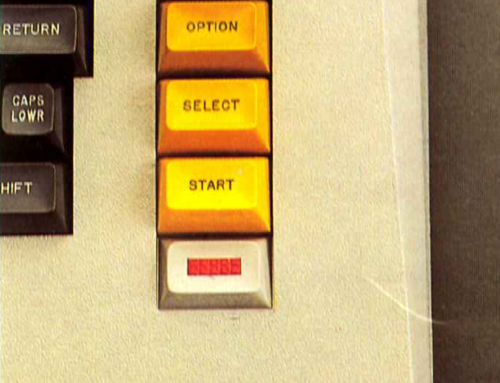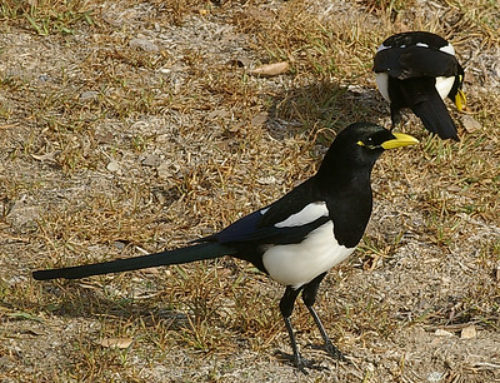As human beings, there’s a common affliction you may have noticed most of us share—we’re kind of obsessed with ourselves. This plays out in countless ways throughout our lives. As kids, it often manifests as a deep desire to preserve the sanctity of our own stuff—which explains why “mine!” is a constant playground refrain. As young adults, it generally manifests even more blatantly—witness the deep infatuation of most teens with mirrors, clothes, and selfies.
You might imagine we outgrow it, but we don’t. We just channel it differently. Consider: we’ve all been in conversations where it seems the other person isn’t really paying attention to what we’re saying. They’re just waiting for an opportunity to interject their own perspective and story. If we’re being honest, it could be that we might do that too. Same goes for the talk that takes place inside our own heads. For every minute we spend contemplating solutions to a work challenge, brainstorming new ideas, or truly communing with nature, we probably spend ten minutes worrying about ourselves—is it lunchtime yet? Is my hair ok? Will he call me back? Should I call him first?
Because the habit is so universal, we could imagine that it’s just part and parcel of the human condition. Unfortunately, that doesn’t make it healthy. According to Daniel Lieberman, an evolutionary biologist at Harvard University, our bodies are conditioned to crave sugar. I think we can all agree that constantly obeying that impulse would not yield beneficial results. Why do we imagine the outcome would be any different if we constantly obey the impulse to obsess about ourselves?
We don’t know what we don’t know
I think part of the problem is education. The science of nutrition has matured to the point that we know what too much sugar will do to our bodies. The science of consciousness, however, rarely grabs front-page headlines—which means people often don’t understand the deleterious effects that can result when we spend all our time thinking about ourselves.
From where I sit, I think this tendency creates two inter-related concerns. First, people who are really busy worrying about themselves sometimes have less emotional bandwidth to care about others. This can translate to individuals, communities, and societies that are more disconnected, more indifferent to the plights of others, and simply less kind.
Second, as individuals, we rarely benefit from self-obsession either. Because, let’s face it: the things that capture our mental attention tend to be the things that yell the loudest. Sure, for some people that might mean they spend all their time thinking about how happy, grateful, and blessed they are. But for most of humanity, it means a preoccupation with the things that are causing us pain—anxiety, fear, stress, confusion, anger, disillusionment, loneliness. I’m no genius but it seems to me that if we spend all our time thinking about negative feelings we’re bound to feel negative all the time. Just sayin’.
Breaking the habit
Fortunately, there is an alternative. It takes work and mental discipline, but I believe the payoff is worth it. The key is to try to remember that this whole wide world doesn’t revolve around us. In fact, our puny little lives barely register on the global Richter scale. Unless we’re postulating solutions to society’s greatest concerns or creating breakthrough scientific theories, our thoughts have absolutely no effect on the world around us. All they do is trap us on a mental hamster wheel.
If that’s the case, then why in the world would I listen to my own thoughts? Wouldn’t it be better to spend my time living each moment as it comes, unfiltered by my made-up stories? When I accept that not everything is about me, I’m able to perceive that the world is unfolding with its own perfect purpose; that I can only be affronted by other people’s behaviour when I take affront; that my hair, and my clothes, and my income, and my house, and the car I drive simply don’t matter to the universe. What matters is how present I am when you’re talking to me, how committed I am to your happiness, and how kind I am to friends and strangers alike.





Leave A Comment